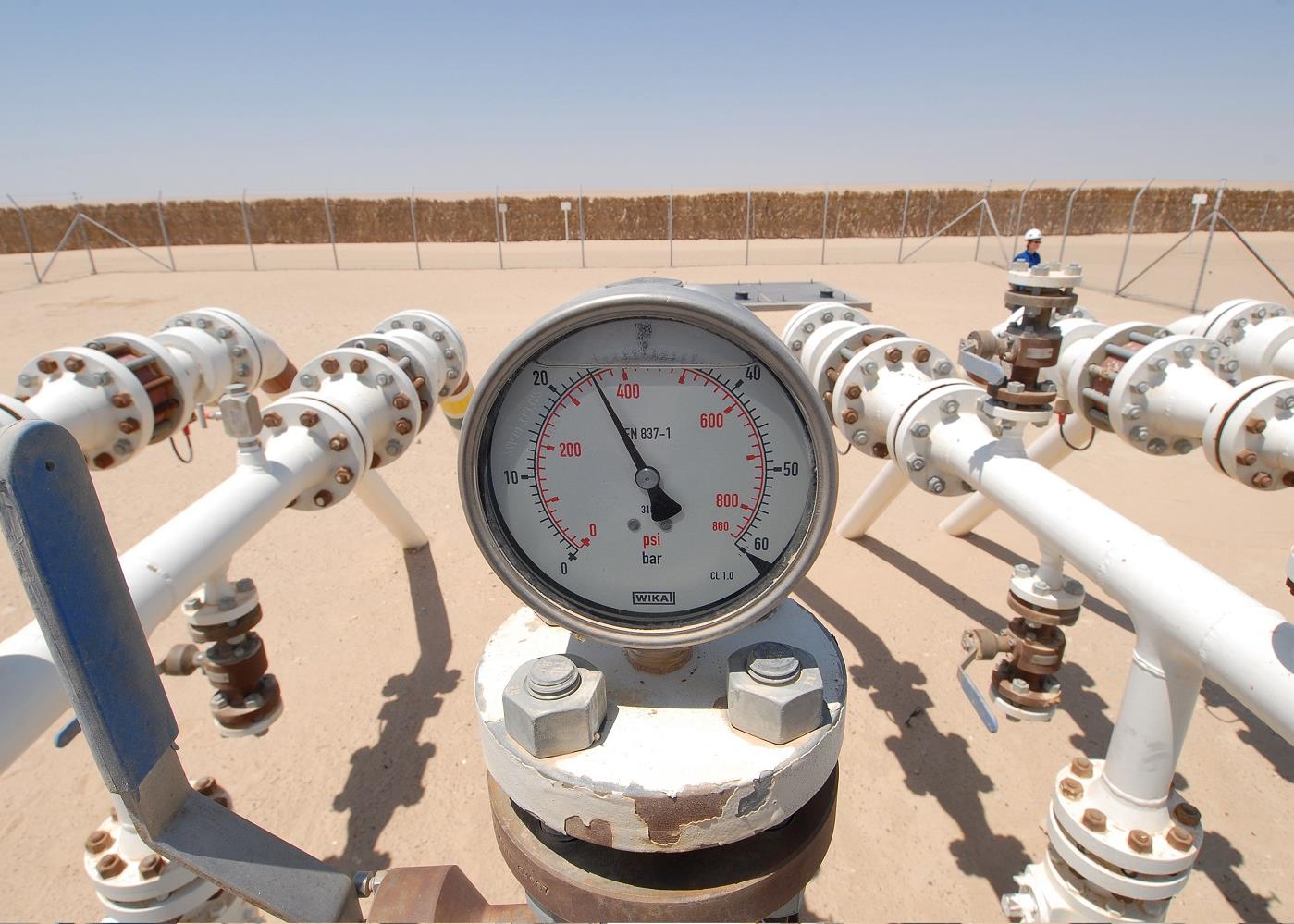
Innovation is the name of the game in the Middle East power and water sector, as developers struggle with soaring demand and - in the case of the water sector - diminishing natural resources. Power demand is growing rapidly, from an average of 7-8 per cent a year across the region to the 15 per cent peak of booming Dubai (see table, page 32). In at least seven Arab states, total power capacity will need to be at least doubled by 2010. According to MEED research, a minimum of $46,000 million will need to be spent on this sector alone in the next five years.
With oil prices riding high for a second consecutive year, the main Gulf producers are hardly strapped for cash. But public utilities are a major drain on the budget and oil revenues are already being diverted into spending on upstream oil infrastructure. Even in those states with the most generous subsidy systems, thoughts are beginning to turn to long-term private financing options. Leading the charge at the moment is Oman, where the government is pressing ahead with a raft of utility privatisations (see pages 32-34). Developers have just been invited to bid for the sultanate's first brownfield independent water and power project (IWPP), the first to be carried out since a new power sector law came into effect in July 2004. The course of private financing does not always run smoothly, however. The $140 million Ajman sewerage scheme was one of the most innovative experiments in project financing, linking the rate of network construction to the advanced collection of revenues (see page 38). But it turned out to have been rather too ambitious - customers have, perhaps not surprisingly, been reluctant to pay for a service that has yet to be introduced. As a result, the project schedule and project costs have overrun, and the scheme is now in the last stages of restructuring. Some salutary lessons have been learned, however, and the model could well work in the future if applied in a different manner. Project overruns also help to underline how vital power and water projects are to survival - let alone comfortable living - in the Middle East. In Syria, for example, there is little doubt that a new freshwater supply scheme needs to be developed for Damascus, but various project proposals have come and gone for lack of financing (see pages 34-36). Governments have traditionally been cautious about passing the responsibility for the provision of services on to the private sector, and with good reason: companies are less accountable than states. But as this week's Special Report demonstrates, in some cases the private sector offers the only solution to an increasingly urgent problem.
You might also like...

Algeria signs oil deal with Swedish company
19 April 2024

Masdar and Etihad plan pumped hydro project
19 April 2024

Ewec signs Ajban solar PV contract
19 April 2024

Contractor orders compressors for onshore project
18 April 2024
A MEED Subscription...
Subscribe or upgrade your current MEED.com package to support your strategic planning with the MENA region’s best source of business information. Proceed to our online shop below to find out more about the features in each package.








